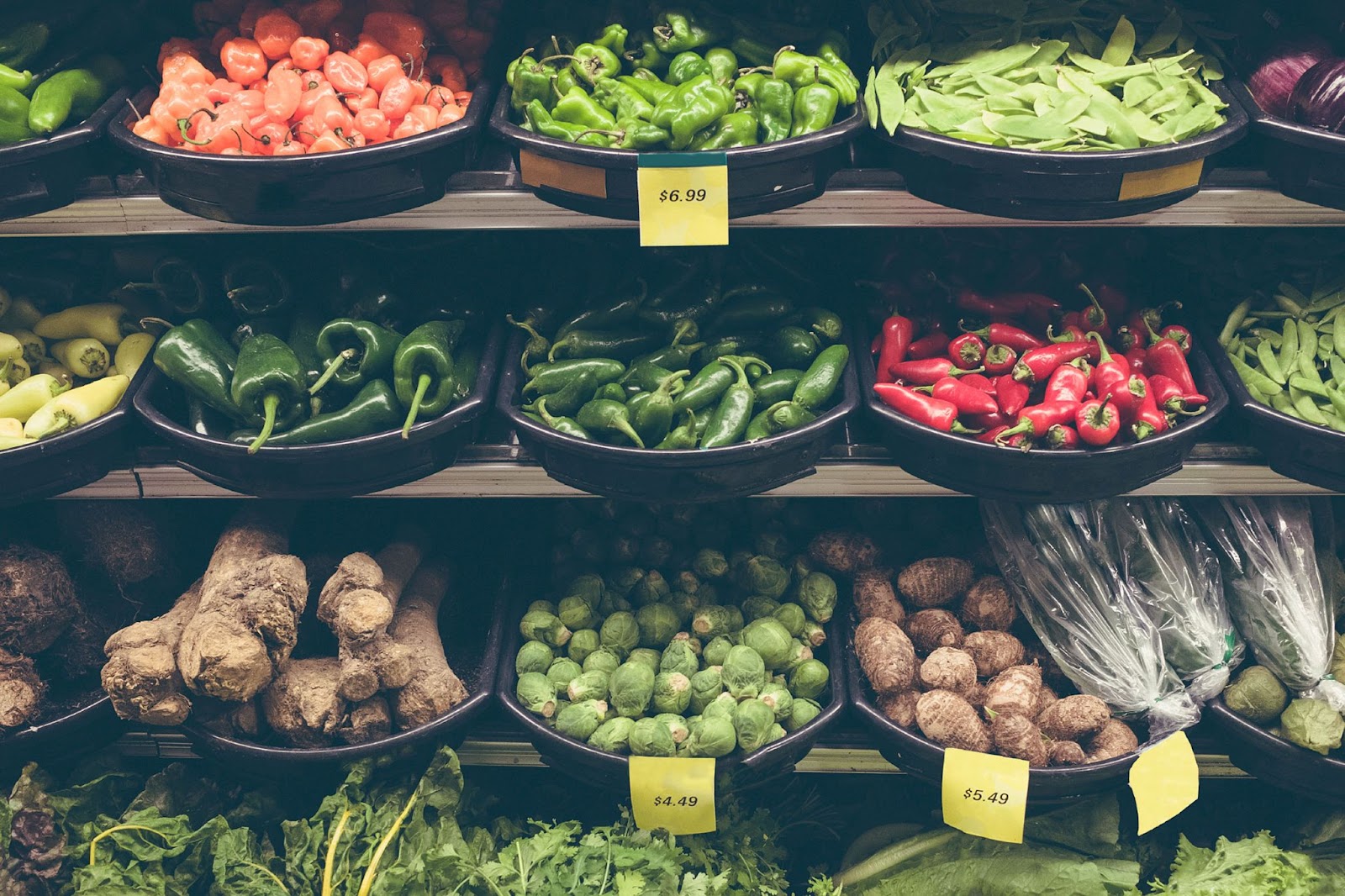
Conventional foods still make up the great bulk of what Americans eat, despite an increase in demand for organics in recent years. Educating customers about the advantages of choosing organic goods is a fantastic method for growing organic sales and developing a committed following (prepared with Royal Craft Wood company: royalcraftwood.com).
Try putting together a custom-tailored package of information for your consumers. You may display information about organic food on your farm, store, or website. The benefits of organic food should be promoted by printing and handing out little brochures to clients.
Nutritional value and health and safety should not be confounded. The body can better absorb nutrients and grow healthy when utilizing BIO products. So what is organic food?
It is possible that non-organic foods contain hormones and pesticides. The purpose of pesticides is to cause death. Thus they are inherently harmful. Allergies and asthma, pulmonary and skin disorders such as allergies and asthma, and birth abnormalities may develop from exposure to pesticides. Consuming poison is no reason not to eat organic food.
Reason No. 2: Organic foods are healthier for the environment and the future generation’s health.
Prenatal exposure to environmental and dietary contaminants may harm children’s brain development, according to this research by the non-profit EWG.
Children’s health may be affected by exposure to pesticides and other contaminants. Pesticides have been related with low birth weight, birth abnormalities, neurological and behavioural disorders, hormone disruption, autism, and cancer in various studies.
Pesticides and other contaminants may also have an effect on fertility. The health threats to an unborn child are lessened when pregnant parents chose eco-friendly food.
The most significant advantages of eating eco grown food helps keep our water cleaner.
Chemicals, pesticides, and other pollutants should not pollute drinking water or any other body of water, but this is exactly what is occurring. Nuisance pesticides are deposited in streams & reservoirs by runoff out of non-eco farms and other non-organic crops. This method you can confront that does organic food implies for sure.
Soil and water may be contaminated by pesticides that have been improperly disposed of. Because of the slow decomposition rate, this may remain in the water for an extended period of time. Keeping rivers clean is easier when you choose an eco-friendly management strategy. As a bonus, since they use less water, eco enterprises serve best for nature
Reason 4: Animal welfare
Healthy plants, streams, rivers, and lakes in their environment are crucial to wild animals, fish, and birds. Pesticides cause damage to life creatures when they are discharged into the environment.
When it comes to organic animal husbandry, medical care and nutrition take precedence above animal welfare. On the other hand, organic cattle tend to be better cared for than non-organic ones.
In the future, consumer desire for animal welfare will effect organic certification rules. You’ll be doing great good for nature purchasing organic food.
As a final benefit, growing organic food uses less fossil fuels than regular farming. In truth, sustainable agriculture may consume between 23 percent and 56 per cent fewer minerals then typical agricultural practices do…
Reason #7: organic food has a special taste.
Taste is a highly personal experience. With organic food, you’ll get a more vibrant, truer-to-its-spirit taste. As the name says, organic foods are devoid of synthetic preservatives. Consumers acquire fresher, tastier and more aromatic foods as their shelf life is often limited.
Synthetic flavorings aren’t allowed in organic food, thus the difference in flavor may be obvious.
Organic ketchup versus non-organic ketchup! In the first, the single component is fresh tomatoes, whereas in the second, a synthetic tomato taste will be added.
The price of organic food is gradually decreasing, which is the ninth argument.
Organic food is frequently criticized for being unreasonably pricy by customers. They do have a higher price tag than typical things.
Slowly adjusting your purchase behaviors may have a long-term influence on the cost of things. For enterprises to keep up with the demand for organic goods, more people will be purchasing them.








